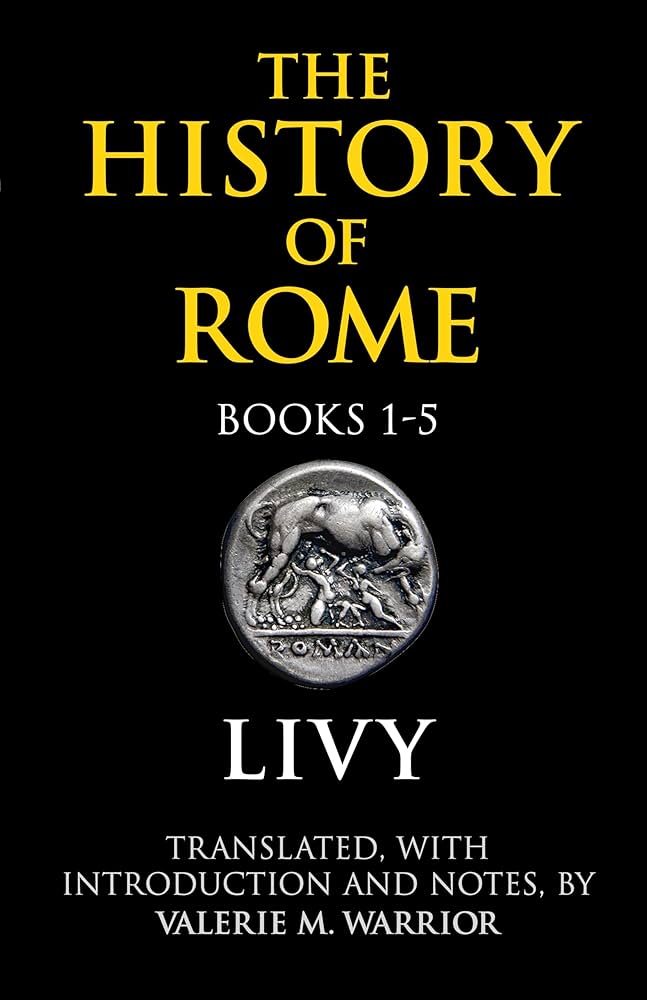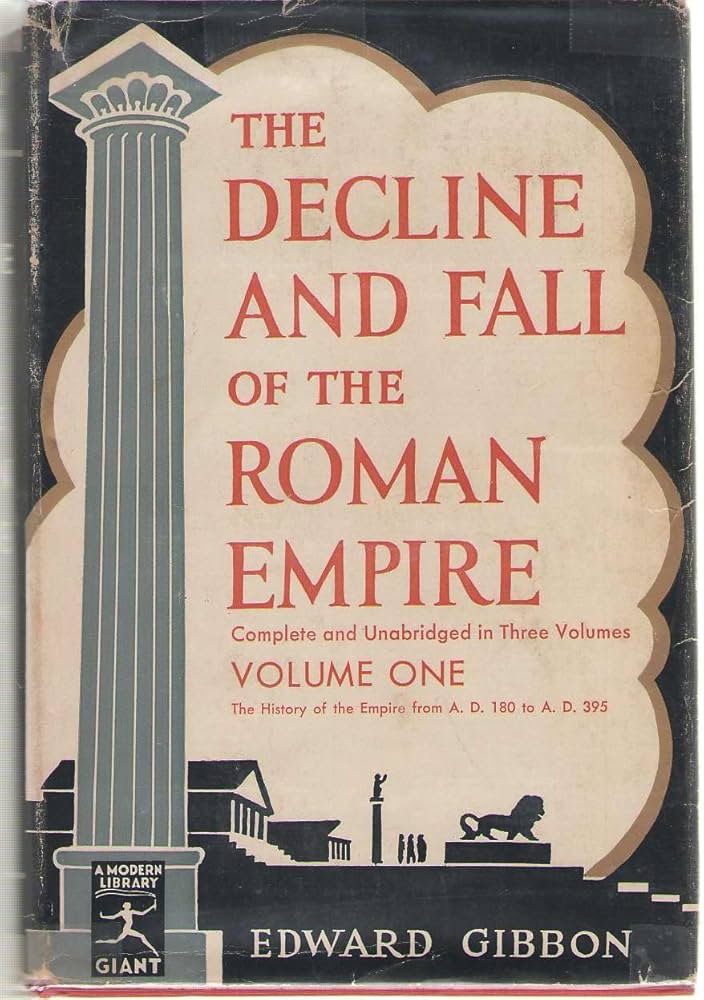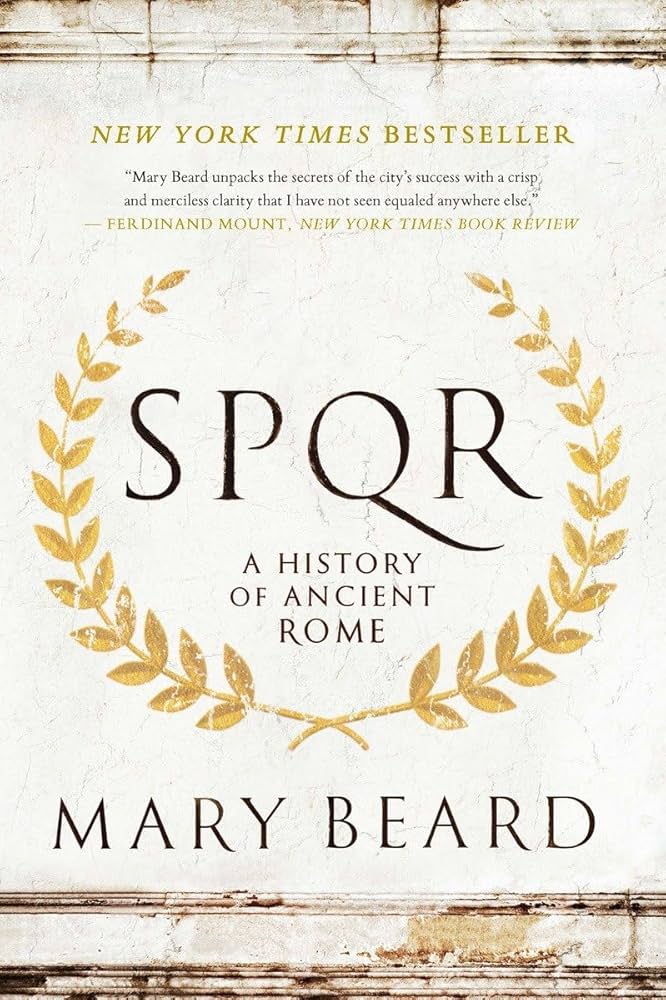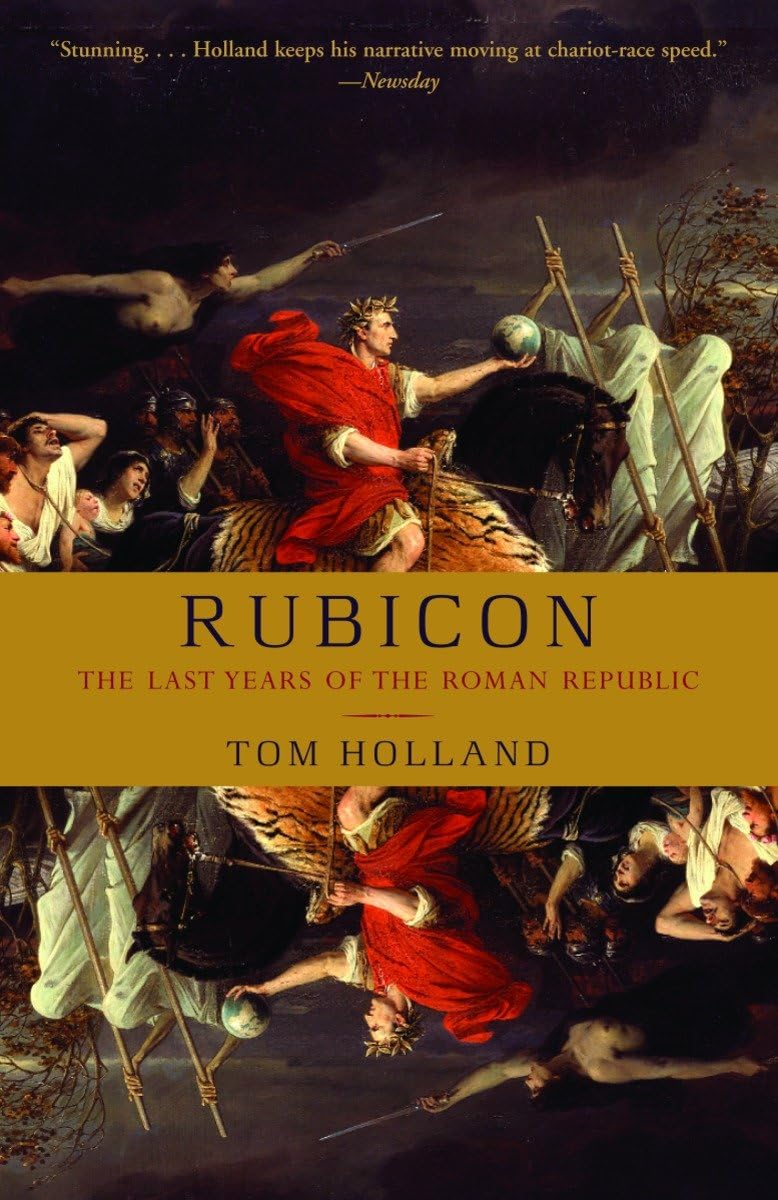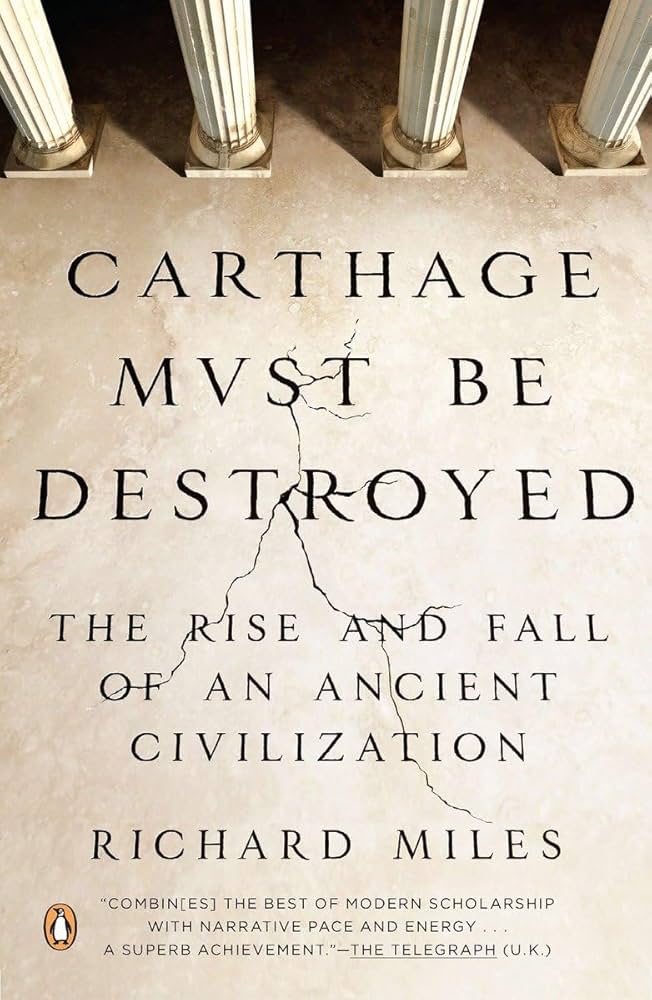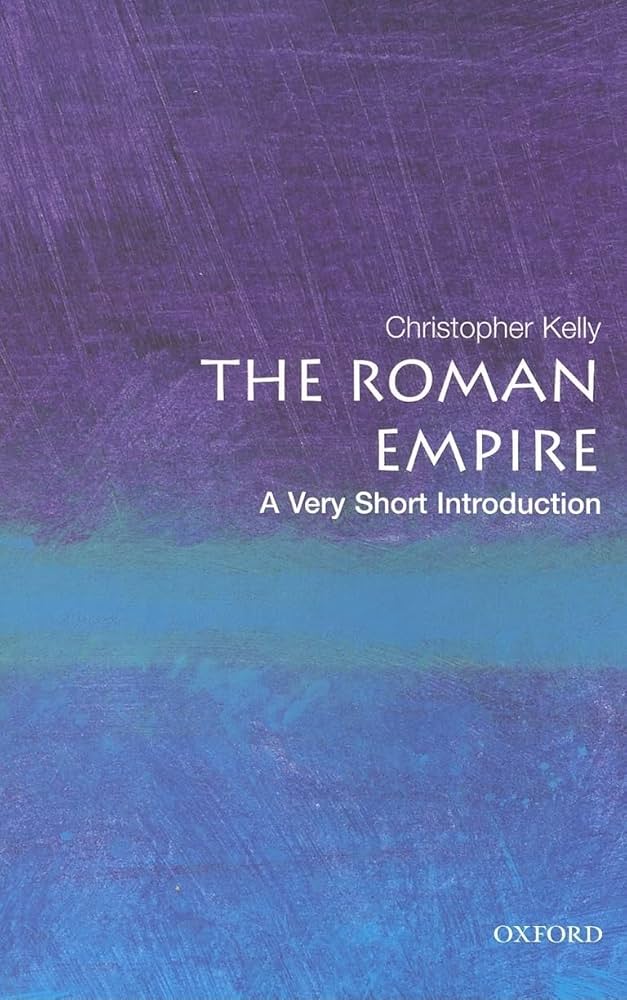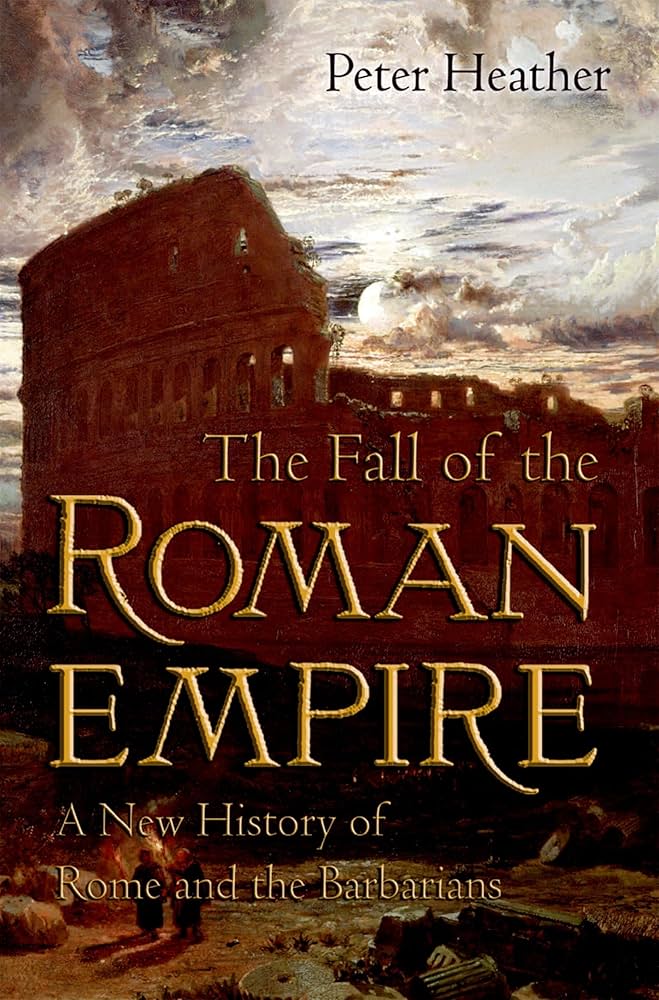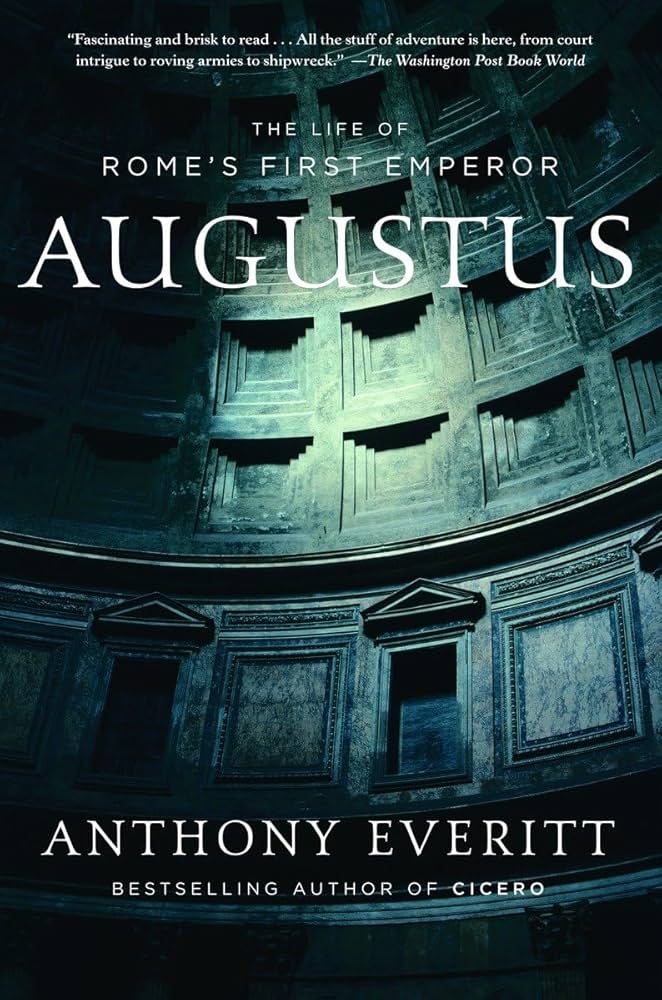10 Best Books on the Roman Empire
Last Updated: May 8, 2025
The Roman Empire, one of the most influential civilizations in history, has captivated the minds of scholars, history buffs, and casual readers alike. From its humble beginnings as a small city-state to a sprawling empire spanning three continents, Rome’s story is rich with political intrigue, dramatic battles, and cultural advancements that shaped the Western world. To truly appreciate the complexity and grandeur of the Roman Empire, here are ten must-read books on the Roman Empire that cover its fascinating history, colorful personalities, and epic battles.
Sources:
- Top 10 books about the Roman empire – theguardian.com
- Thinking About the Roman Empire? Read These Books – variety.com
- History books about ancient Rome – wikipedia.org
- Best books on Roman history, from Romulus and Remus to the decline of Empire – standard.co.uk
